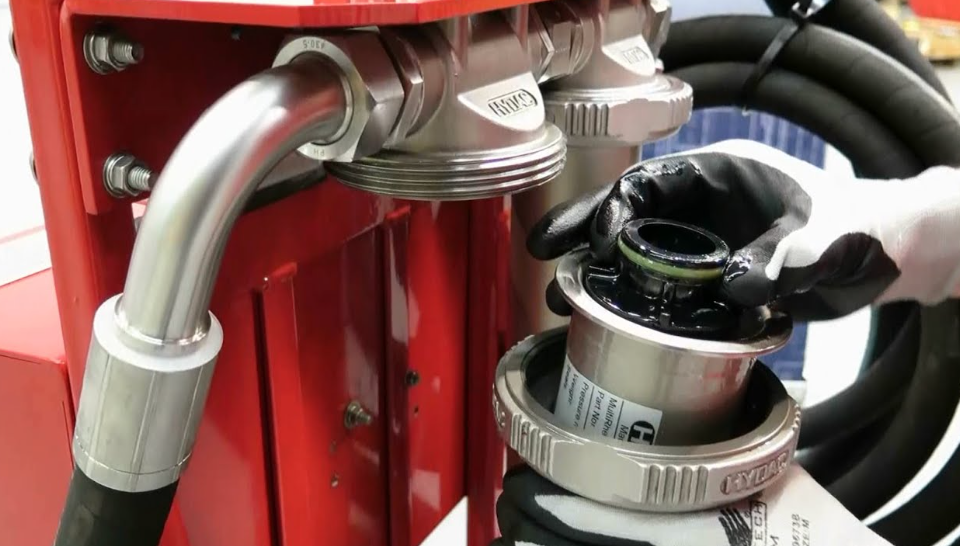Hydraulic oil filtration machine

Introduction
Hydraulic systems are integral components in many industries, including manufacturing, automotive, and construction. The hydraulic oil used in these systems not only transmits power but also lubricates moving parts and dissipates heat. However, over time, hydraulic oil can become contaminated with particles, water, and gases, leading to decreased performance and potential system failure. A hydraulic oil filtration machine is a vital device designed to clean and restore hydraulic oil quality. This article explores the working, benefits, types, and maintenance of hydraulic oil filtration machines.
Importance of hydraulic oil filtration
Contaminated hydraulic oil affects system reliability and efficiency. Dirt, metal shavings, and other particles cause abrasive wear on pumps and valves. Moisture promotes corrosion and reduces the oil’s lubricating properties. Dissolved gases may lead to cavitation, damaging components. Regular filtration removes hydraulic oil filtration machine protecting equipment, reducing downtime, and extending hydraulic system life.
How hydraulic oil filtration machines work
Hydraulic oil filtration machines clean oil through multiple processes:
mechanical filtration
Oil passes through fine filters that trap solid particles and sludge, preventing damage to hydraulic components.
vacuum dehydration
The machine applies vacuum pressure to evaporate and remove water content from the oil, enhancing its dielectric properties.
degassing
Some machines also remove dissolved gases under vacuum, improving oil stability and performance.
The combination of these steps effectively restores hydraulic oil to optimal condition.
Types of hydraulic oil filtration machines
portable filtration machines
Small and mobile, these machines are suitable for on-site maintenance and servicing of smaller hydraulic systems.
stationary filtration systems
Installed permanently in workshops or factories, these systems handle large oil volumes and support continuous filtration.
online filtration units
Integrated with hydraulic systems, online units provide real-time filtration, maintaining oil cleanliness without interrupting operation.
See also: How AI Reverse Image Technology is Changing Content Authenticity Checks
Benefits of hydraulic oil filtration machines
- extended equipment life: Cleaner oil reduces wear and tear on hydraulic components.
- improved system efficiency: Purified oil maintains consistent pressure and smooth operation.
- cost savings: Reduced frequency of oil changes lowers operational costs.
- environmental benefits: Reusing oil minimizes waste and pollution.
- increased safety: Removing contaminants reduces risk of hydraulic failures.
Maintenance tips for hydraulic oil filtration machines
To ensure reliable performance, regular maintenance is necessary:
- Replace or clean filters as per manufacturer recommendations.
- Inspect vacuum pumps and compressors for leaks or damage.
- Check hoses and seals for integrity.
- Monitor oil quality to verify filtration effectiveness.
- Train operators on proper machine use and safety procedures.
challenges and solutions
Challenges include filtering highly contaminated oil, minimizing filtration time, and ensuring minimal system downtime. Solutions involve pre-filtering heavily polluted oil, using advanced filtration materials, and scheduling maintenance during non-operational hours.
Conclusion
A hydraulic oil filtration machine is essential for maintaining the cleanliness and quality of hydraulic oil, thereby protecting vital system components and improving overall performance. By choosing the appropriate filtration system and adhering to proper maintenance practices, industries can reduce costs, increase equipment reliability, and support sustainable operations.




